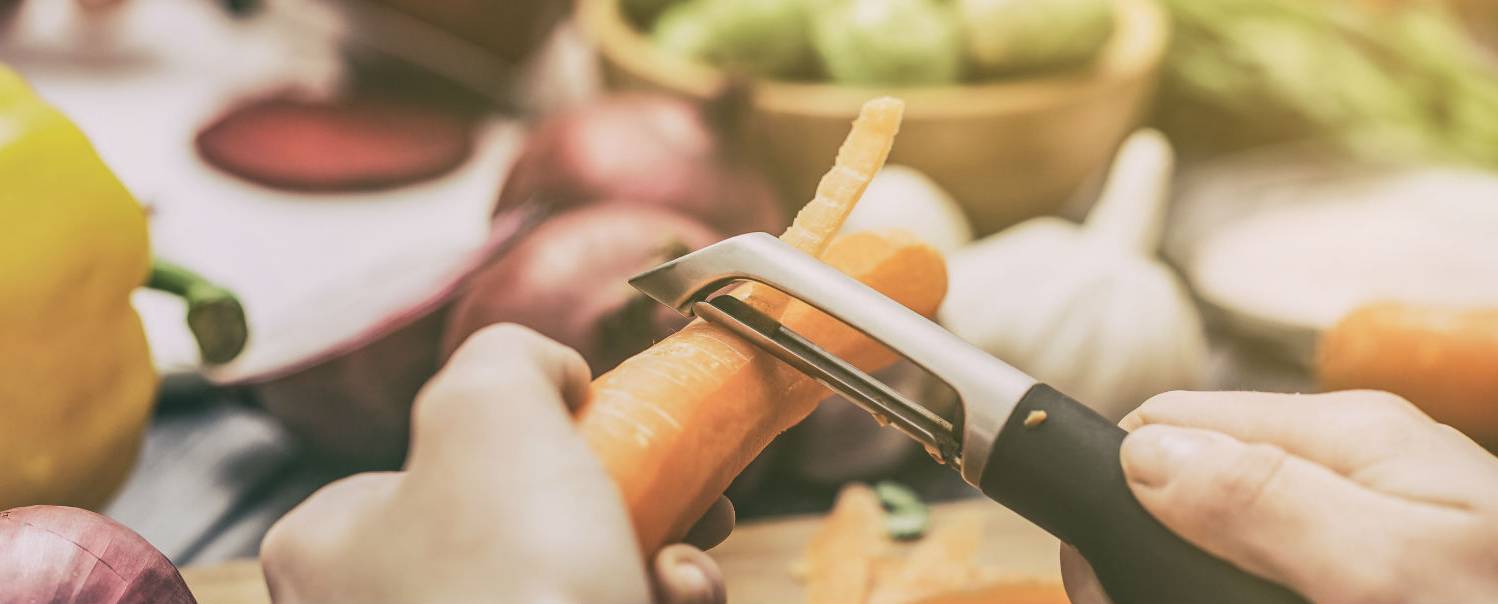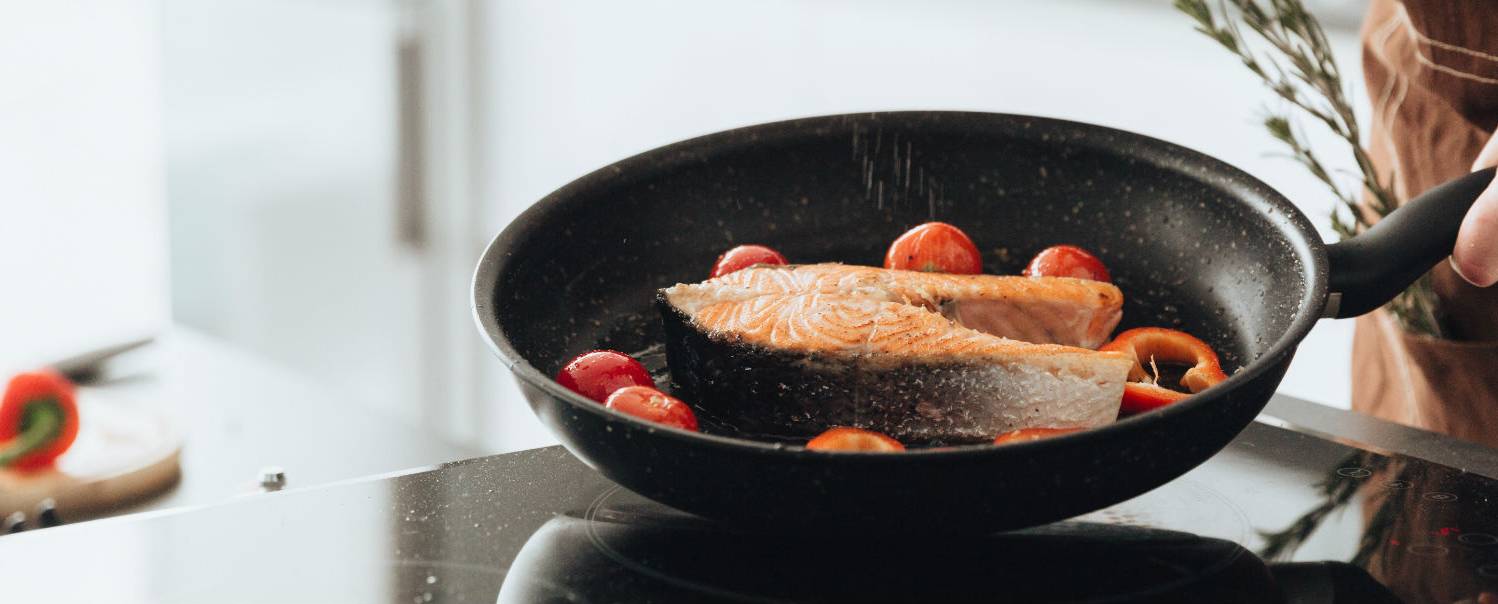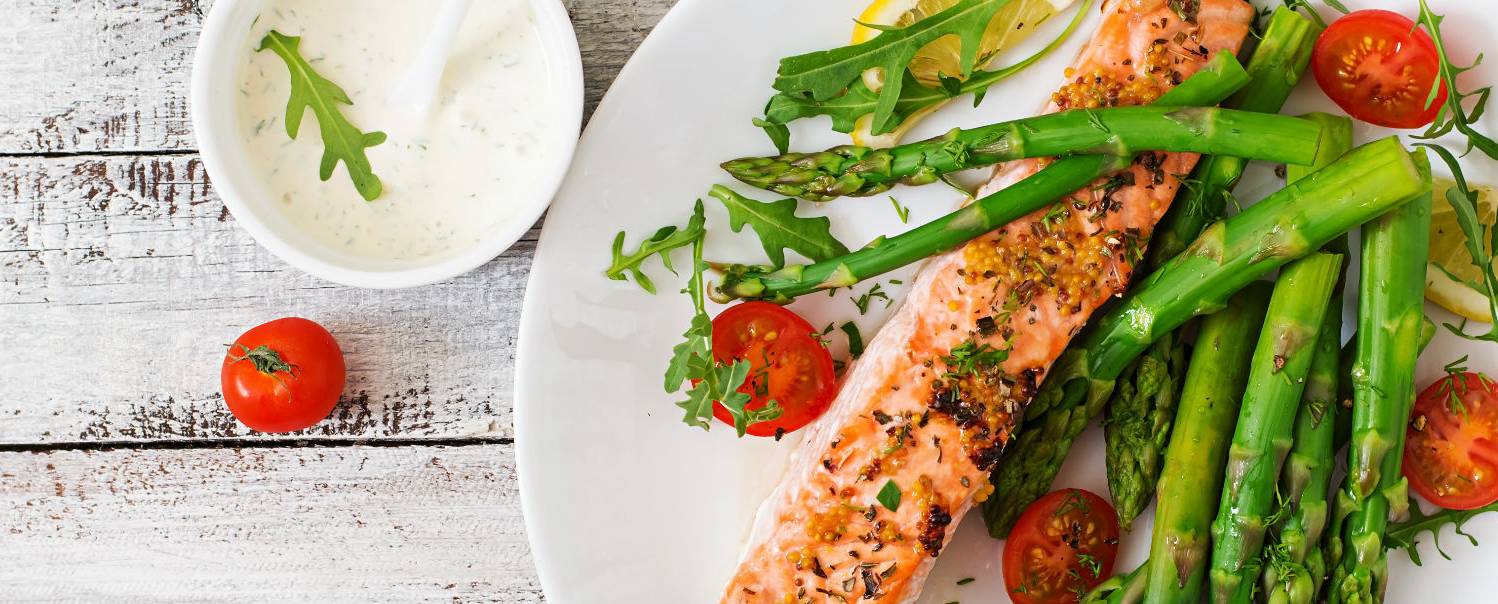The non-diet: learning to eat right without going hungry
Dieting means changing the way you eat with a specific goal in mind, be it losing weight, lowering your cholesterol, increasing your iron levels, etc., for a certain amount of time
TOPIC OF THE MONTH
Share
The effect is usually only temporary, as once the goal has been achieved or the moment has passed (for example summer or a social event), we start to follow our usual diet and, therefore, we end up right back where we were – this is what is known as the dreaded yo-yo effect.
Nutritionists reject these 'quick', temporary solutions and instead recommend a complete lifestyle change that includes, in addition to new eating habits, some form of physical activity and getting enough sleep, depending on our age and level of fitness.
This “change of attitude” towards food does not occur overnight, but rather is a transformation that, in order to work, has to be included slowly in our day to day routine. However, there are some simple tips that can help us put it into practice:
We are what we eat
Start to take an interest in the nutrients contained in each food, what they are good for and how they affect the body. Go for fresh produce whenever possible and get used to reading labels. 'We are what we eat' is not just a stock phrase, it is a different approach to food: choosing one product over another, demanding quality and making a conscious choice as consumers.
Slowly and carefully
Savour every bite. We enjoy meals more when we are relaxed. Conversation makes us pause from time to time and good chewing encourages digestion. Hurry or distractions, such as television, make us eat automatically and unconsciously.
Once a year won’t harm you…
Eating better does not mean totally depriving ourselves of our favourite foods. Banning certain products will only make us want them more. As long as the amount is not excessive, we can have a little chocolate, our favourite savoury snack or a handful of nuts from time to time.
East or West, home-cooked is best
Whenever possible, it is best to eat at home, at least on weekdays, as weekends can be more complicated. Food can be cooked more healthily and the meal is more relaxed.
When we go out to eat out we have to consider the following before ordering:
• If you can choose, pick fish: it is lighter.
• The food should preferably be steamed or grilled.
• Change the garnish: salad or vegetables are better than potatoes.
• Share your first course or entree.
• If you can’t resist dessert, try sharing it.
Size (of the plate) matters!
In the last few years the size of tableware has got bigger, and with it, portion size. If you go back to using smaller dishes, for example for dessert, you will eat less. It is estimated that with this simple change, you can reduce your intake by up to 200 calories per day.
In addition to the size of the plates, it is also important to consider the size of the glasses that we use. In the case of juice, soft drinks or alcohol, it is important to opt for tall, narrow glasses, since less liquid is consumed this way.
We eat with our eyes
Take care to present every dish attractively. The shape, layout and colours are important so that, in addition to flavour, the main course can also win us over with its appearance. Don’t just have a lonely fillet or a sad piece of fish, instead accompany it with vegetables or - why not? – fruit. The options are endless: lettuce, cress, strawberries, avocado, arugula, tomato, carrot, beetroot, asparagus...
Time to set the table!
Get used to serving food from the kitchen in a suitable container and don’t take out the whole package, the pot or the frying pan to the table, or even worse, the sofa. You will serve far more than the amount you need and will not really control how much you have eaten.
Finally, if you are in any doubt about your diet, it is always advisable to see a professional. Nutritionists and endocrinologists are the right people to guide you regarding a change of diet.









